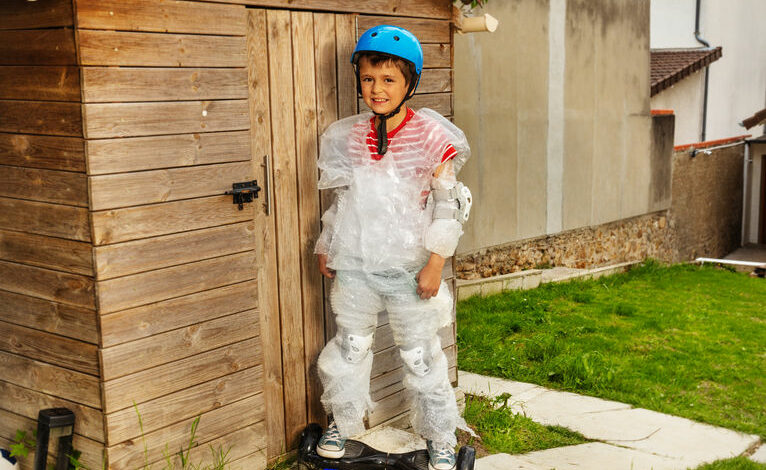
Loneliness can be tackled by finding the ‘flow’ in meaningful activities
Scientists recommend that to battle loneliness, discovering actions with the ‘flow’ – engaging deeply in meaningful things to do – can enhance leisure and lessen loneliness
Expanding loneliness during the pandemic has arisen queries by scientists on the lookout to retain a stable mental health and fitness when social get hold of and assistance ended up not accessible.
Loneliness for the duration of COVID afflicted persons of all ages, from small children to young grown ups to older older people. The alteration of our daily schedules to stay safe from the virus, and alteration to social behaviour to protect against the spread of ailment, exacerbated the dilemma of loneliness all over the entire world.
Although the no cost time provided by a long lockdown was briefly idealised, investigation reveals totally free time can often be harmful by escalating loneliness.
To overcome this, they discovered that deeply partaking in challenging, and significant activities all through totally free time can lessen people’s loneliness and raise their favourable feelings.
In spite of technologies connecting folks, loneliness has amplified in excess of new decades
Throughout two Penn State research, researchers uncovered that folks who experienced significant routines and difficult experiences were significantly less lonely – even when guidance was not obtainable.
Previous investigate has proven that loneliness amongst worldwide university learners is common all around the earth. Global learners are taken out from their social networks and stay in a distinct culture, usually one that speaks a diverse language. Getting this awareness, researchers investigated the strategies global pupils do to prevent loneliness.
From this, they located that they stay clear of loneliness by participation in social routines where by they can receive ‘social support’ – where by they achieve the sense that they are cared for by the individuals with whom they socialize. Throughout the pandemic, however, many group-based things to do and social gatherings have been cancelled or prohibited.
Moreover, the scientists discovered that the on the net social chances that grew to become accessible in the pandemic might be significantly less obtainable to worldwide college students mainly because of language and cultural dissimilarities.
Loneliness is extremely linked to our health
John Dattilo, a professor of recreation, park, and tourism management at Penn Condition, said: “There is a very well-known declaring: ‘Time flies when you are possessing entertaining. The unspoken corollary is that time drags when you are bored. Our investigate exhibits that both of those of these thoughts are real.
“By partaking in meaningful pursuits in the course of totally free time that demand concentration, people can lessen loneliness and enhance momentary joy. Psychological, emotional, and cognitive well being are all challenged when persons are lonely. Loneliness is involved with melancholy and other psychological wellness worries.
“When people today grow to be engrossed in what they are undertaking, they enter a point out that is called ‘flow,’. Circulation can be obtained by engaging in psychological or bodily functions that we value and that call for us to concentrate totally to use our abilities.”
Reduced loneliness is linked with partaking in pleasant things to do that demand the two focus and ability – enter, the ‘flow’ state, which invokes both needs when participating in a significant activity.
To reach the point out of circulation, an exercise have to involve a superior deal of their ability but not be so difficult that it looks not possible. It ought to demand focus to execute and be significant to the participant – for occasion, inventive endeavours like actively playing the piano or painting can induce stream, as can actual physical actions like snowboarding or chopping wooden, together with psychological responsibilities like writing or storytelling.

Individuals with a ton of absolutely free time are ready to obtain circulation when they engage in meaningful pursuits. In this way, time passes quickly for them, their lifestyle has that means, and their expertise of loneliness is minimized, according to the scientists.
Dattilo continued: “When we enter a point out of circulation, we turn out to be absorbed and centered, and we knowledge momentary pleasure. When we depart a condition of movement, we are usually surprised by how substantially time has passed.”
What induces move differs from person to person dependent on unique expertise and values
Social assistance from mates and acquaintances is a primary way that persons lower loneliness, but as this was not obtainable by means of substantially of the pandemic – and even in every day everyday living for many folks, as obtaining sufficient social assistance can be challenging – they identified that flow was even additional significant to cutting down loneliness.
It was identified however, that some activities never ever induce circulation, when other activities could or may perhaps not, yet this is all dependent on the person. There is practically nothing erroneous with watching television, but, ordinarily, it does not enable people enter a condition of circulation simply because they are unlikely to encounter any challenges and it is not as significant as say, trying some thing new, or partaking your mind to obtain some thing.
Dattilo finalised: “Learning which activities may possibly empower another person to enter a point out of stream calls for asking queries and listening. Individuals tend to thrive on healthful engagement and obstacle. My collaborators and I hope that this analysis will support individuals reside fuller, happier, more healthy lives.”





